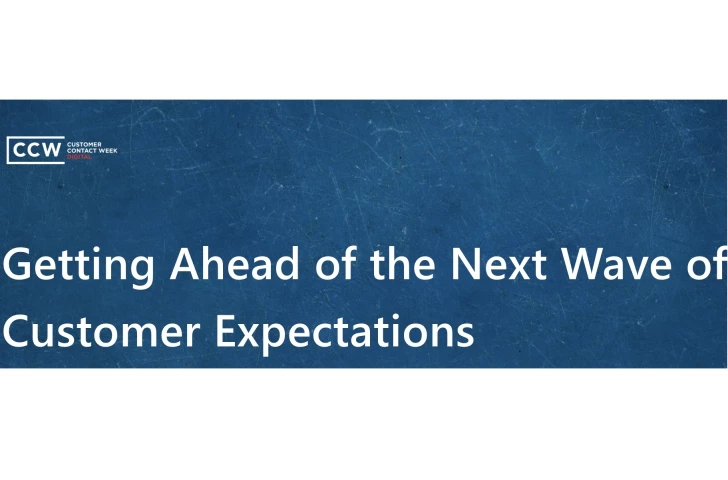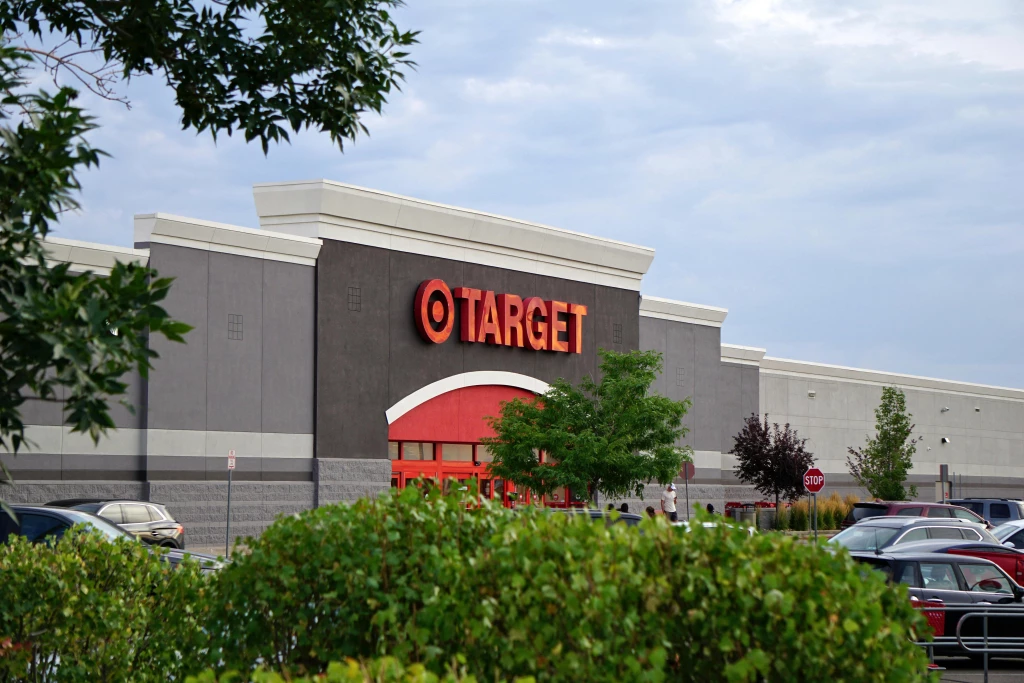Is Convenience Culture Undermining Exceptional CX?
Add bookmark
Convenience has become paramount to the customer experience, and thankfully so; one-click ordering and seamless delivery allowed us some simple luxuries throughout these isolating times. And while the pandemic may have accelerated our use of these digital conveniences, most have been in the works for a while. These contactless interactions have become a part of our daily routines; we’re mobile ordering our coffee and picking out our groceries on an app, but are these conveniences actually adding genuine value to our experience as customers?
We often talk about delighting the customer with exceptional, over-the-top experiences; but with the growing popularity of convenient, contactless technologies, are engaging experiences becoming passé?
You might think this when seeing news of cashier-less Amazon Fresh locations opening up in the UK. Customers can now enter a store and simply walk out with all of their items, never having to converse with a cashier, just automatically receiving their bill in an email within the hour. But what happens when you can’t find that rare spice you’re looking for; how can you find someone to assist you if the entire customer experience is essentially based on anonymity?
The ‘Corporateness’ of Convenience
While Amazon is beloved for its innovative 2-day shipping standard and its boundless inventory of products, it isn’t always praised for being morally ‘good’. Although we all certainly don’t know exactly what goes on behind the scenes of the world’s largest online retailer, some criticize the company for its highly ‘corporate’ nature. In a vocal criticism from former engineering employee Tim Bray, he notes that Amazon’s effortless and convenient appeal all comes at a cost, and its warehouse workers are feeling the heat. Additionally, small businesses often feel threatened by the massive corporation, with the hyper convenient business model leading customers away from established local shops.
In addition to these ethical concerns, the level of convenience can at times feel more focused on the bottom line. While one-click ordering is simple, some may complain that they’re almost making it too easy and feel as though the company is just motivated by a sale. This is where the negatives of oversimplification come in; there are some circumstances in which convenience can actually just feel cold, and it gives customers the impression that the company isn’t valuing their interactions.
Although we all may benefit from fast and free shipping, some customers don’t always want to feel like their purchase is just one transaction out of a billion each day. In cases like these, convenience measures should be bolstered by meaningful support and businesses should work to consistently celebrate their customers to avoid an overly ‘corporate’ approach.
Trust In The Subscription Economy
With the introduction of Netflix and the subscription economy, customers have also become accustomed to the convenience of minimal touchpoints throughout their purchasing journeys. It’s now exceedingly normal to have multiple subscriptions charge your credit card each month without ever having a second glance at the statement.
This service is obviously highly convenient, as it allows customers to essentially remain on autopilot trusting that the company will take care of everything each month. However, this convenience is also tied to a level of trust and loyalty that can be easily altered when the company makes even minor changes to the contract. For example, when Netflix raised its prices a few years back, some customers felt betrayed -- like the company was pulling one over on them. Additionally, customers even felt the company had a kind of obligation to grandfather loyal customers into the old price point. These reactions are interesting and they say a lot about the under-discussed backlash of convenience culture; customers can feel that the lack of touchpoints almost allows companies to hide things like hidden fees or new terms from them.
Ultimately, just because customers initially agree to sign up for a service and pay their bill each month, doesn’t mean they don’t ever want a company to check-in on them and provide updates about their service. While Netflix definitely sent an agreement update, customers may be seeking a bit more reassurance to understand their personal value and support.
Rethinking Excellence In The Convenience Era
While all of the criticisms of convenience culture are valid, it’s still worth noting that the rise of convenience does allow us to re-evaluate what truly matters to customers. Although some customers appreciate the more personalized attention and care, others are satisfied with these simple convenience measures, like a company alerting them about a timely refill on detergent or tailoring their websites and emails with the customer’s past order preferences.
The main problem with oversimplified convenience measures is the ability to diminish the human component of customer service. However, the rise of convenience does not have to coincide with the downfall of humanity. In taking a more personal approach and looking at what the customer truly wants, which may actually be seamless low-touch interactions, we can offer convenience measures that align with customers' moment-to-moment needs while still valuing them as humans.
Ultimately, convenience is really only an issue when the company ignores customer preference in its pursuit of efficiency.
Photo by Andrea Piacquadio PEXELS























